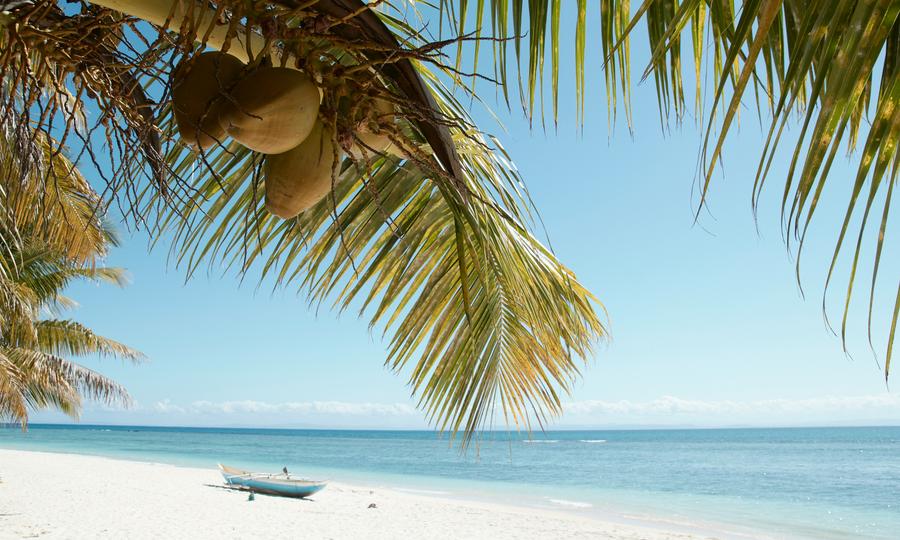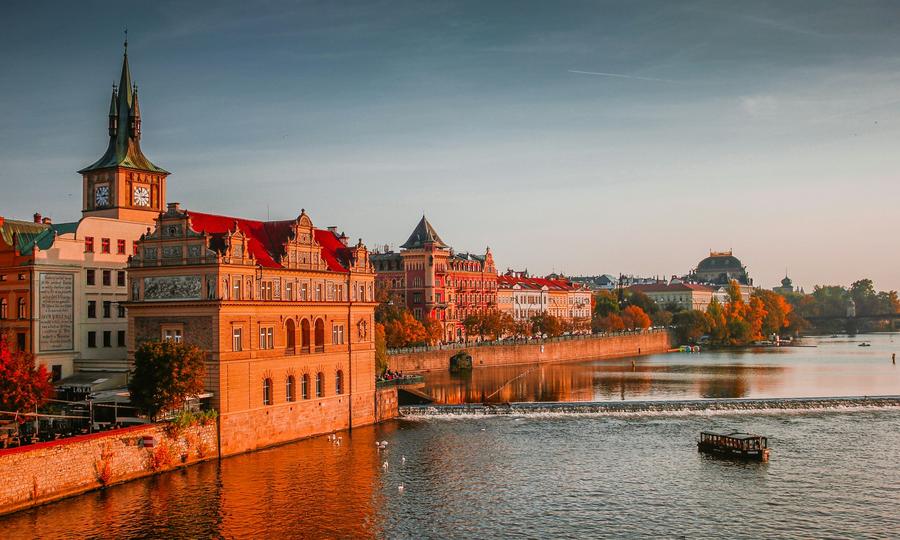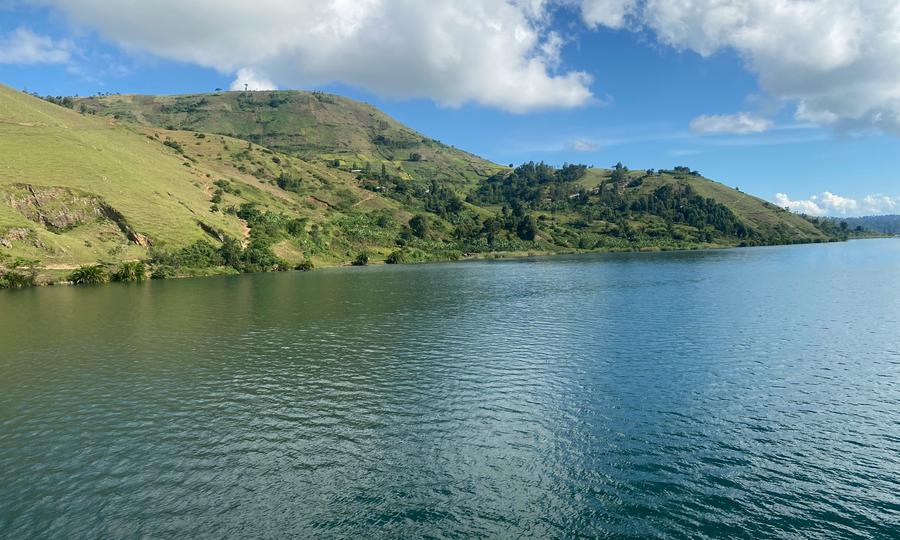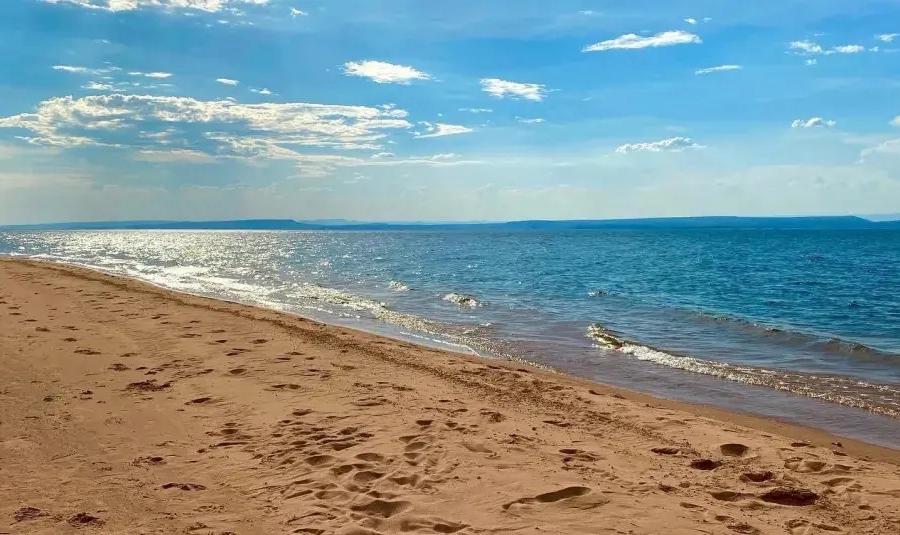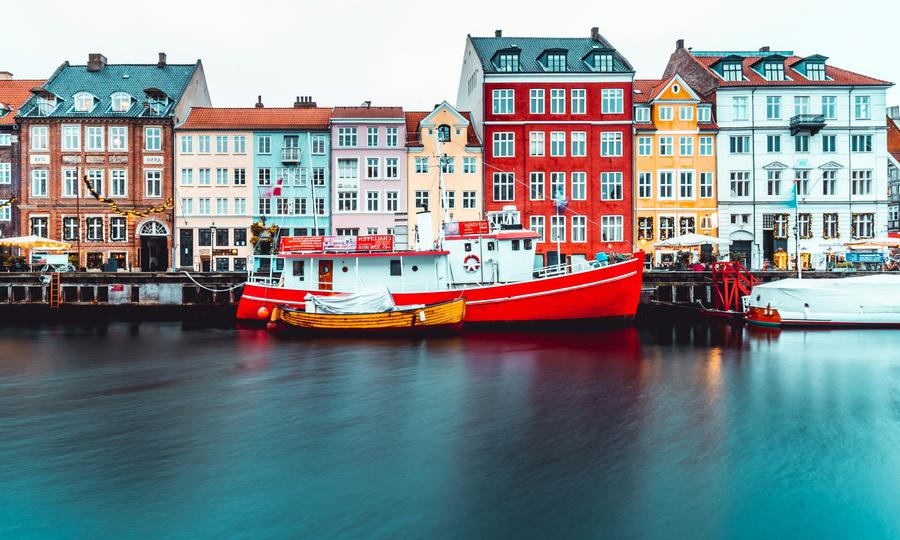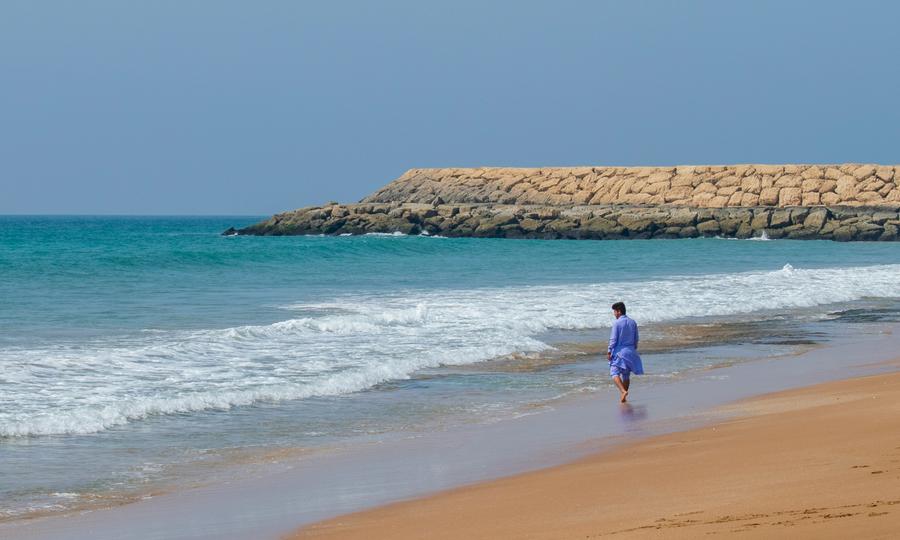Introduction
Madagascar, the world's fourth-largest island, is renowned for its unique biodiversity, stunning landscapes, and rich cultural heritage. While its pristine beaches and secluded coves might seem ideal for naturists, it's essential to understand the country's legal and cultural stance on nudism before considering such activities.

Legal Stance on Nudism
Madagascar does not have specific laws addressing nudism or public nudity. However, public decency laws are in place, and public nudity can be deemed offensive or indecent exposure, leading to legal consequences. The enforcement of these laws can vary, but it's generally advisable to err on the side of caution and avoid public nudity to prevent potential legal issues.
Designated Nudist Beaches
Currently, Madagascar does not have any officially designated nudist or clothing-optional beaches. The country's beaches are typically used by locals and tourists alike, and traditional swimwear is the norm. Engaging in nudism on public beaches can lead to misunderstandings or legal complications.
Avoiding Legal Issues
To ensure a respectful and trouble-free visit:
- Stay Informed: Understand local laws and customs.
- Dress Modestly: Even in beach settings, conservative swimwear is recommended.
- Seek Guidance: Consult local authorities or tour operators about acceptable practices.
- Avoid Secluded Areas: Engaging in nudism in isolated spots can still lead to legal issues if discovered.
Cultural Considerations
Madagascar's cultural landscape is deeply rooted in traditional values and religious beliefs. Public nudity is generally considered inappropriate and can be offensive to local sensibilities. Visitors are encouraged to be mindful of these cultural norms to foster mutual respect and understanding.

Conclusion
While Madagascar offers breathtaking natural beauty and a rich cultural experience, it is not a destination conducive to nudist practices. The absence of legal provisions for public nudity makes it imperative for travelers to respect local customs.

